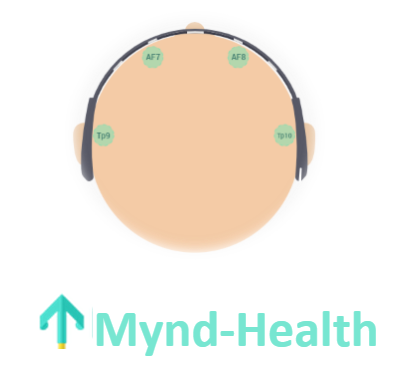An estimated 27-40% of Intensive Care Unit (ICU) survivors suffer new or worsening anxiety, depression, impaired cognition and/or post-traumatic stress symptoms. These psychological manifestations of so-called Post-Intensive Care Syndrome (PICS) are associated with worse physical functioning, lower employment rates and worse mental health-related quality of life. Major depression, generalized anxiety disorder and post-traumatic stress disorder are all associated with changes in brain functional connectivity and oscillatory patterns measurable by electroencephalography (EEG). Neurofeedback training (NFT) is a form of EEG-based biofeedback that allows individuals to control their brain activity patterns, and a growing body of evidence suggests that NFT may decrease symptom severity among people with anxiety.
In this prospective pilot, funded by the Brain and Behavior Research Foundation, we aim to establish feasibility and tolerability of a 10-week neurofeedback training (NFT) protocol in ICU survivors. We recruit participants upon discharge from the ICU and offer them a customized home internet-based neurofeedback program. At 3 month follow-up, we assess symptoms using the Beck Depression Inventory-II, the Patient Reported Outcomes Measure – Anxiety 7a, and the PTSD Checklist 5. The project will yield essential pilot data to support a future research study validating EEG as an early diagnostic tool for post-ICU anxiety, depression and PTSD.
